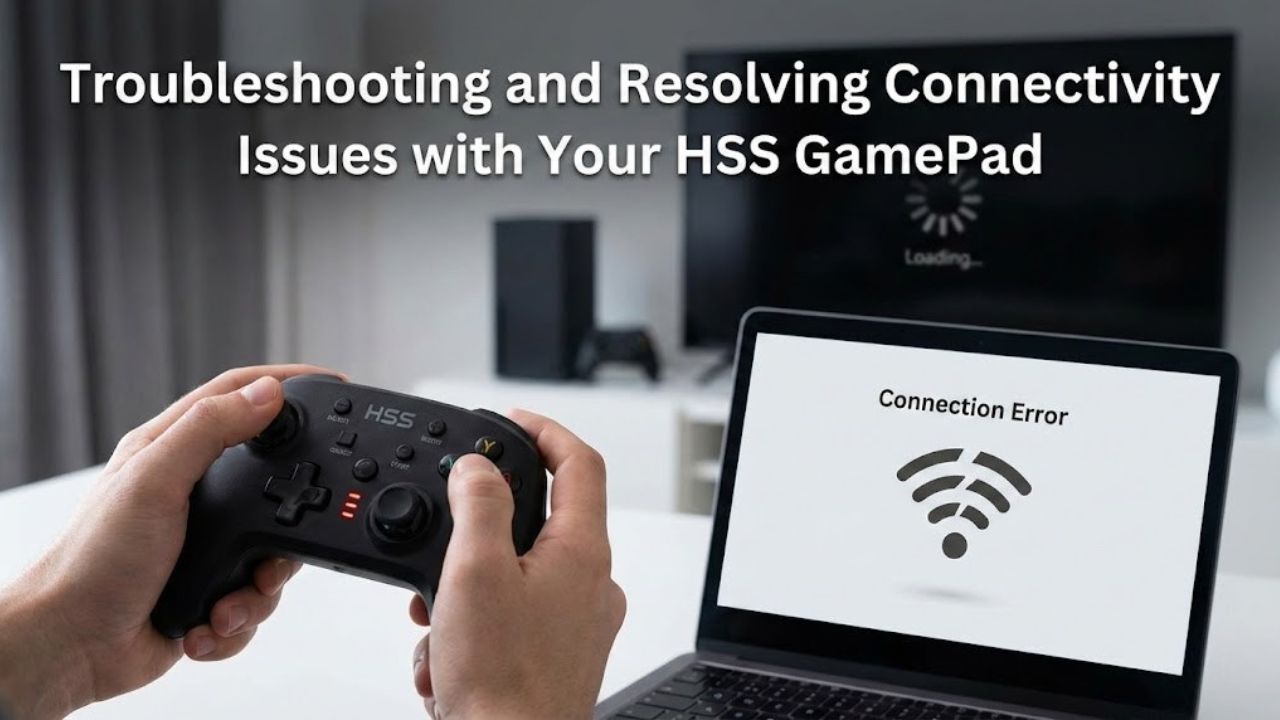People can suffer head injuries in many types of accidents, and some can result in damage to the brain. Traumatic brain injuries can happen in falls, motor vehicle accidents, sports, assaults, and more. They can affect people of any age and cause varying levels of impairment. When traumatic brain injuries are moderate to severe, the victims might be left with permanent disabilities and require lifelong care.
Brain damage from a head injury can occur when the sudden movement of the head causes the brain to twist or bounce inside the skull. This movement can cause blood vessels to break, biochemical changes, and brain cell death. These types of brain damage are collectively referred to as traumatic brain injury. It’s critical to seek prompt medical care for an assessment and treatment whenever a brain injury is suspected. Brain damage can spread without early treatment and lead to more severe impairment.
TBI Symptoms
People might suffer TBIs after receiving a blow or bump to the head, being suddenly jolted, being involved in an explosion, or receiving a penetrating head injury from a foreign object. People won’t always suffer a TBI after being struck in the head, but if they do, the symptoms can range based on the severity of the injury.
Most TBIs that occur are mild and are referred to as concussions. However, even a mild TBI requires prompt evaluation and treatment to prevent the damage from spreading and worsening. If you or someone else receives a blow to the head or is suddenly jolted in an accident, the following symptoms should prompt you to seek immediate medical attention:
• Persistent, severe headache
• Dizziness
• Confusion
• Tinnitus (ringing in the ears)
• Memory loss
• Blurred or double vision
• Changes in behavior
• Brief loss of consciousness
If the injury is moderate to severe, the following additional symptoms might be present:
• Loss of consciousness (can be prolonged)
• Nausea
• Repeated vomiting
• Slurred speech
• Cognitive problems
• Trouble learning
• Weakness of the extremities
• Seizures
• Balance problems
• Coma
• Death
How are TBIs Diagnosed?
When a TBI is suspected, getting prompt medical care is critical. A traumatic brain injury is an emergency. When the damage is moderate to severe, the consequences can rapidly worsen without a fast diagnosis and prompt medical intervention.
In the emergency department or another medical facility, doctors conduct careful medical evaluations when someone has received a blow to the head to determine whether they might have suffered a TBI. The doctor or another emergency medical provider will complete an initial assessment of the patient on the Glasgow Coma Scale.
The Glasgow Coma Scale is a 15-point assessment medical professionals use to initially assess the severity of a potential brain injury. The doctor will evaluate the patient’s ability to move their limbs and eyes, assess their speech, and check their ability to follow simple directions. The patient will receive a score ranging from three to 15 on the Glasgow Coma Scale. Lower scores indicate the presence of severe injuries.
The doctor will also ask about what happened to gain information about the injury. They will also ask the patient about their symptoms. If the patient is unable to communicate, the doctor will ask someone who saw what happened such as a family member or friend. People who witnessed the accident might be able to provide useful information to help the medical provider evaluate the patient’s condition.
The doctor might ask for the following types of information:
• How the injury happened
• Whether the patient lost consciousness, and if so, for how long
• Whether the patient showed changes in their speaking ability, balance, or alertness
• Where on the body or head the patient received the blow
• Type of accident
• Whether the patient suffered a violent jolt or blast
• The force of the blow
• Information about the patient’s medical conditions and history
• How the injury happened
• Whether the patient lost consciousness, and if so, for how long
• Whether the patient showed changes in their speaking ability, balance, or alertness
• Where on the body or head the patient received the blow
• Type of accident
• Whether the patient suffered a violent jolt or blast
• The force of the blow
• Information about the patient’s medical conditions and history
Imaging Tests
Following the initial assessment, the doctor might order one or more imaging tests to try to see where the damage occurred and its extent. The first imaging test that is typically performed is a computerized tomography (CT) scan. A CT scan involves taking a series of X-rays that create a detailed picture of the brain. It can be used in the emergency department to quickly identify fractures, brain hemorrhages, blood clots, brain swelling, and contusions.
Magnetic resonance imaging (MRI) is a second imaging test that might be used. This involves using strong magnets and radio waves to produce a detailed image of the brain. A doctor might order an MRI if a patient’s symptoms don’t improve or once the patient’s condition has stabilized.
Since the brain tissues can swell following a TBI, the pressure inside the skull can also increase. Increased pressure can cause further brain damage, so doctors might insert a probe called an intracranial pressure monitor to track pressure changes. If the pressure increases, the doctor might alleviate it by performing surgery and placing a shunt to drain excess fluid.
How Are TBIs Treated?
The treatment of a TBI will vary based on the injury’s severity and type.
If the injury is mild, the doctor might instruct the patient to rest and use over-the-counter (OTC) pain relievers. Mild TBIs require close monitoring for worsening symptoms, and the patients will also have to see their doctors for follow-up care.
Treatment of Mild TBIs
Following a mild TBI, the doctor will tell the patient when they can return to school, work, and recreational activities. Patients need to follow their doctor’s instructions and not try to resume normal activities too soon. Getting the right type of rest is important. This means limiting both cognitive and physical activities for a few days or until the doctor advises you that you’re cleared to resume your normal activities. Most people who suffer mild TBIs gradually return to their normal activities instead of jumping back in all at once.
Treatment of Moderate to Severe TBIs
The treatment of moderate to severe TBIs is much more extensive and involves immediate emergency intervention followed by ongoing treatment and rehabilitation. In the emergency room, doctors will focus on ensuring the patient has an adequate supply of blood and oxygen and preventing additional injuries. They will also work to help the patient maintain their blood pressure and prevent the spread of damage from swelling.
In many cases, people who suffer severe TBIs will also have other injuries. Treatment will involve addressing the patient’s other injuries while also minimizing additional damage caused by bleeding, swelling, or a reduced supply of oxygen.
Medications will also be used to treat some of the symptoms of moderate to severe TBIs, which might include the following:
• Anti-seizure medications – People who suffer moderate to severe TBIs have a heightened risk of having seizures in the week following the injury. Since seizures can cause further brain damage, doctors might administer anti-seizure medications to prevent them. Ongoing anti-seizure medications will only be used if the patient does have seizures.
• Drugs to induce comas – A doctor might administer a drug to place a patient in a temporary coma. This is done because the brain requires less oxygen when in a comatose state and might be used if the blood vessels can’t supply the cells with normal amounts of oxygen due to pressure increases.
• Diuretics – These drugs might be administered to eliminate excess fluid buildup and relieve pressure.
Surgery might also be necessary to prevent additional brain damage. A doctor might perform surgery to correct the following issues:
• Removal of hematomas (blood clots) that place pressure on the brain and can cause additional damage
• Repair of skull fractures and removal of bone fragments from the brain
• Repair of vessels to stop brain bleeds
• Relieve pressure by inserting a shunt
• Opening the skull to allow more room for swelling tissues
Rehabilitation
People with moderate to severe TBIs will likely require rehabilitation for an extended period. During rehabilitation, patients will relearn skills such as walking, speaking, performing cognitive tasks, and others. The focus of rehabilitation is to help people regain as much independence as possible. Rehabilitation services might be performed by multiple specialists, including physical therapists, speech-language pathologists, psychologists, and more. The particular services a patient might receive will depend on their injuries and symptoms. With severe injuries, patients might require in-home assistance for the rest of their lives.
Because of the potential consequences of a traumatic brain injury, people should seek immediate medical attention whenever they show symptoms. Patients need to follow their doctor’s instructions and attend all follow-up appointments. Getting prompt treatment can help to minimize the potential consequences of a TBI and facilitate the patient’s recovery.


































